Shrinking credibility leaves sterling resembling an emerging-market currency
UK monetary policy and the effects of Brexit are undermining confidence in sterling – it is increasingly resembling an emerging-market currency.
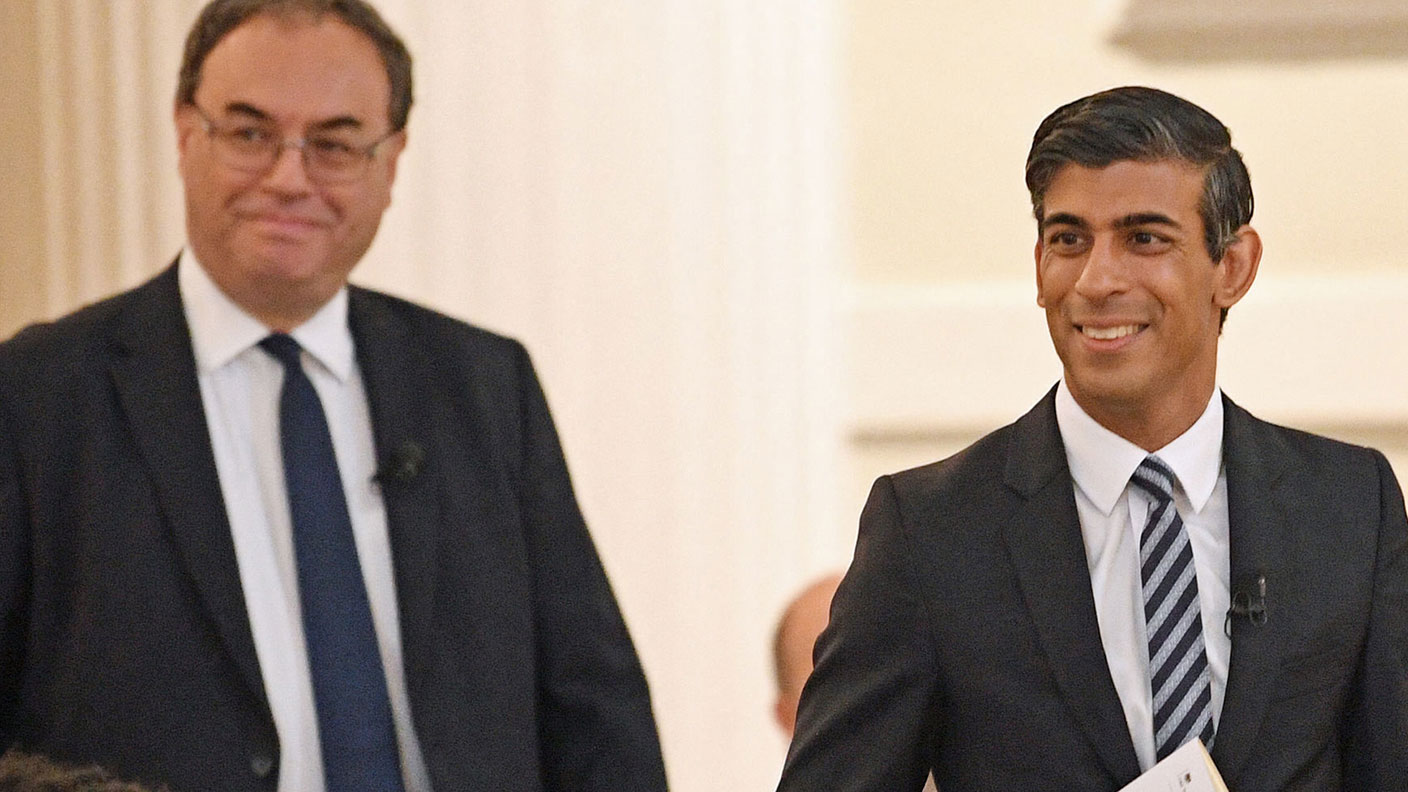
Get the latest financial news, insights and expert analysis from our award-winning MoneyWeek team, to help you understand what really matters when it comes to your finances.
You are now subscribed
Your newsletter sign-up was successful
Want to add more newsletters?

Twice daily
MoneyWeek
Get the latest financial news, insights and expert analysis from our award-winning MoneyWeek team, to help you understand what really matters when it comes to your finances.

Four times a week
Look After My Bills
Sign up to our free money-saving newsletter, filled with the latest news and expert advice to help you find the best tips and deals for managing your bills. Start saving today!
“Investors are increasingly discussing GBP as taking on emerging-market characteristics… parallels to the 1970s resonate as being one of the worst post-war decades for the UK,” says Kamal Sharma of Bank of America. The pound has been the third worst-performing currency in the G10 club of developed countries this year, behind the Japanese yen and the Swedish krona.
Blame the “increasing politicisation” of UK monetary policy, which is undermining confidence in sterling in a way reminiscent of an emerging economy, while foreign investors are less willing to fund the UK’s trade deficit as UK assets now appear less undervalued than they were in 2021.
Comparison of the pound with an emerging-market currency is “hyperbolic”, but “it is true that sterling no longer behaves like the hard currency it once was”, says Jim Armitage in The Sunday Times. “Since December, the Bank of England (BoE) has hiked rates four times – but the pound has barely reacted.” A “currency’s strength is, in large part, a reflection of the market’s view on the productivity and strength of the economy behind it”.
MoneyWeek
Subscribe to MoneyWeek today and get your first six magazine issues absolutely FREE

Sign up to Money Morning
Don't miss the latest investment and personal finances news, market analysis, plus money-saving tips with our free twice-daily newsletter
Don't miss the latest investment and personal finances news, market analysis, plus money-saving tips with our free twice-daily newsletter
Since Brexit sterling has been valued at a discount to account for the diminished prospects for British exporters and rising UK labour costs.
There are valid questions about the BoE’s performance, says Jeremy Warner in The Daily Telegraph. “Too often it seems a creature of the government’s need for deficit financing”, rather than an independent institution. “The government’s refusal... to acknowledge that Brexit has played any part in deteriorating trade only further inflames the situation.”
That doesn’t mean sterling’s days are numbered. A strong dollar explains as much as any domestic UK problems. “Against the euro, the pound’s lost only a couple of cents.”
SEE ALSO:
Get the latest financial news, insights and expert analysis from our award-winning MoneyWeek team, to help you understand what really matters when it comes to your finances.
Alex is an investment writer who has been contributing to MoneyWeek since 2015. He has been the magazine’s markets editor since 2019.
Alex has a passion for demystifying the often arcane world of finance for a general readership. While financial media tends to focus compulsively on the latest trend, the best opportunities can lie forgotten elsewhere.
He is especially interested in European equities – where his fluent French helps him to cover the continent’s largest bourse – and emerging markets, where his experience living in Beijing, and conversational Chinese, prove useful.
Hailing from Leeds, he studied Philosophy, Politics and Economics at the University of Oxford. He also holds a Master of Public Health from the University of Manchester.
-
 The downfall of Peter Mandelson
The downfall of Peter MandelsonPeter Mandelson is used to penning resignation statements, but his latest might well be his last. He might even face time in prison.
-
 Default pension funds: what’s in your workplace pension?
Default pension funds: what’s in your workplace pension?Default pension funds will often not be the best option for young savers or experienced investors
-
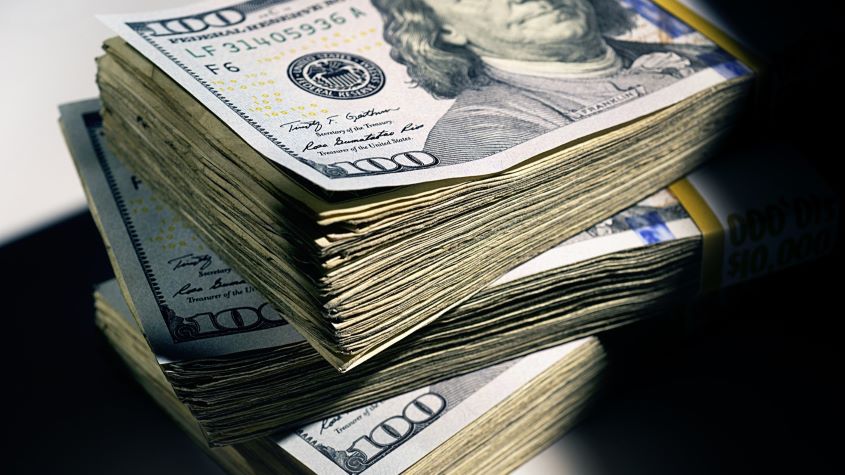 Why you should keep an eye on the US dollar, the most important price in the world
Why you should keep an eye on the US dollar, the most important price in the worldAdvice The US dollar is the most important asset in the world, dictating the prices of vital commodities. Where it goes next will determine the outlook for the global economy says Dominic Frisby.
-
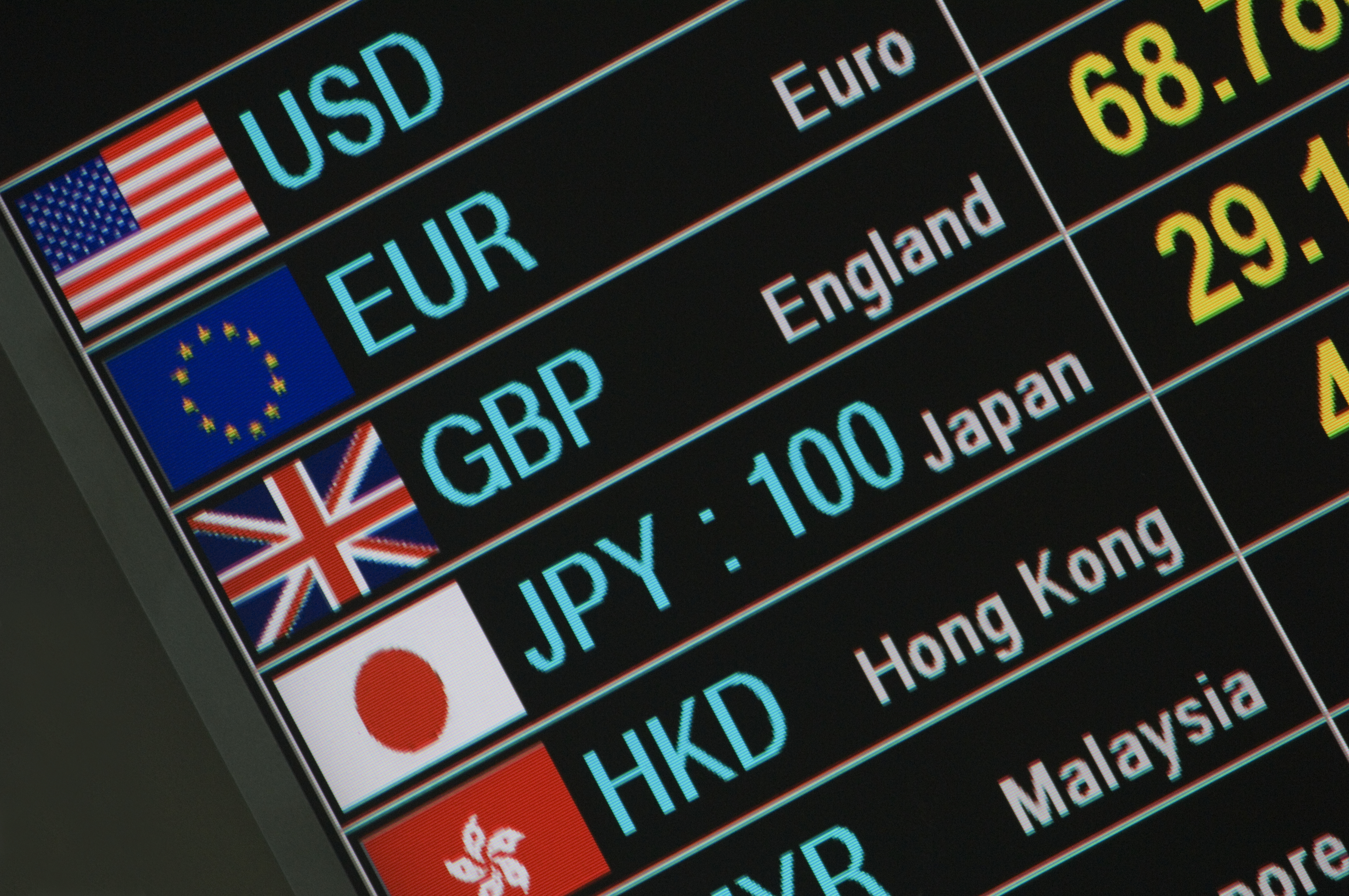 What is FX trading?
What is FX trading?What is FX trading and can you make money from it? We explain how foreign exchange trading works and the risks
-
 The Burberry share price looks like a good bet
The Burberry share price looks like a good betTips The Burberry share price could be on the verge of a major upswing as the firm’s profits return to growth.
-
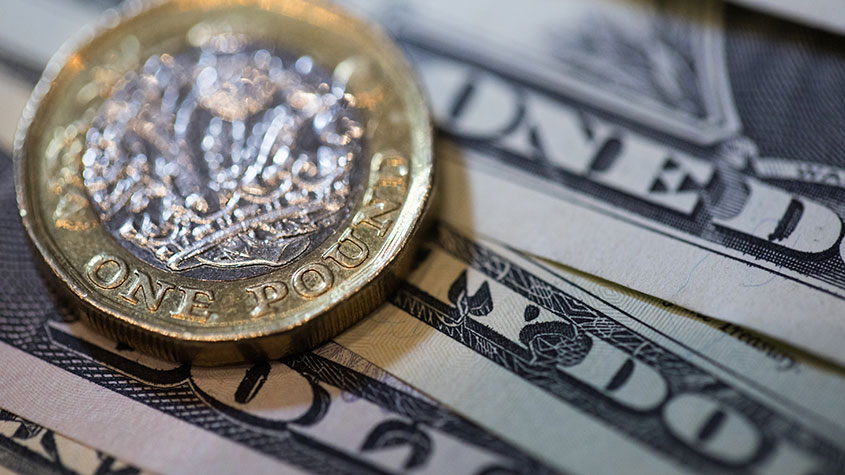 Sterling accelerates its recovery after chancellor’s U-turn on taxes
Sterling accelerates its recovery after chancellor’s U-turn on taxesNews The pound has recovered after Kwasi Kwarteng U-turned on abolishing the top rate of income tax. Saloni Sardana explains what's going on..
-
 Why you should short this satellite broadband company
Why you should short this satellite broadband companyTips With an ill-considered business plan, satellite broadband company AST SpaceMobile is doomed to failure, says Matthew Partridge. Here's how to short the stock.
-
 It’s time to sell this stock
It’s time to sell this stockTips Digital Realty’s data-storage business model is moribund, consumed by the rise of cloud computing. Here's how you could short the shares, says Matthew Partridge.
-
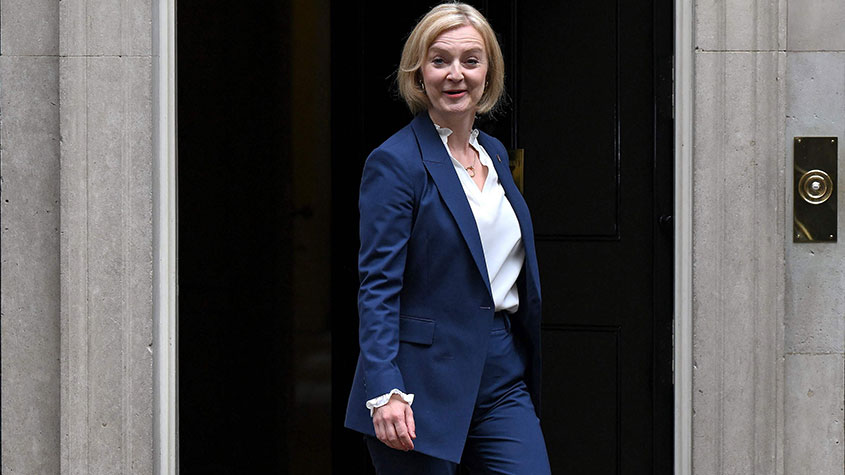 Will Liz Truss as PM mark a turning point for the pound?
Will Liz Truss as PM mark a turning point for the pound?Analysis The pound is at its lowest since 1985. But a new government often markets a turning point, says Dominic Frisby. Here, he looks at where sterling might go from here.
-
 Are we heading for a sterling crisis?
Are we heading for a sterling crisis?News The pound sliding against the dollar and the euro is symbolic of the UK's economic weakness and a sign that overseas investors losing confidence in the country.